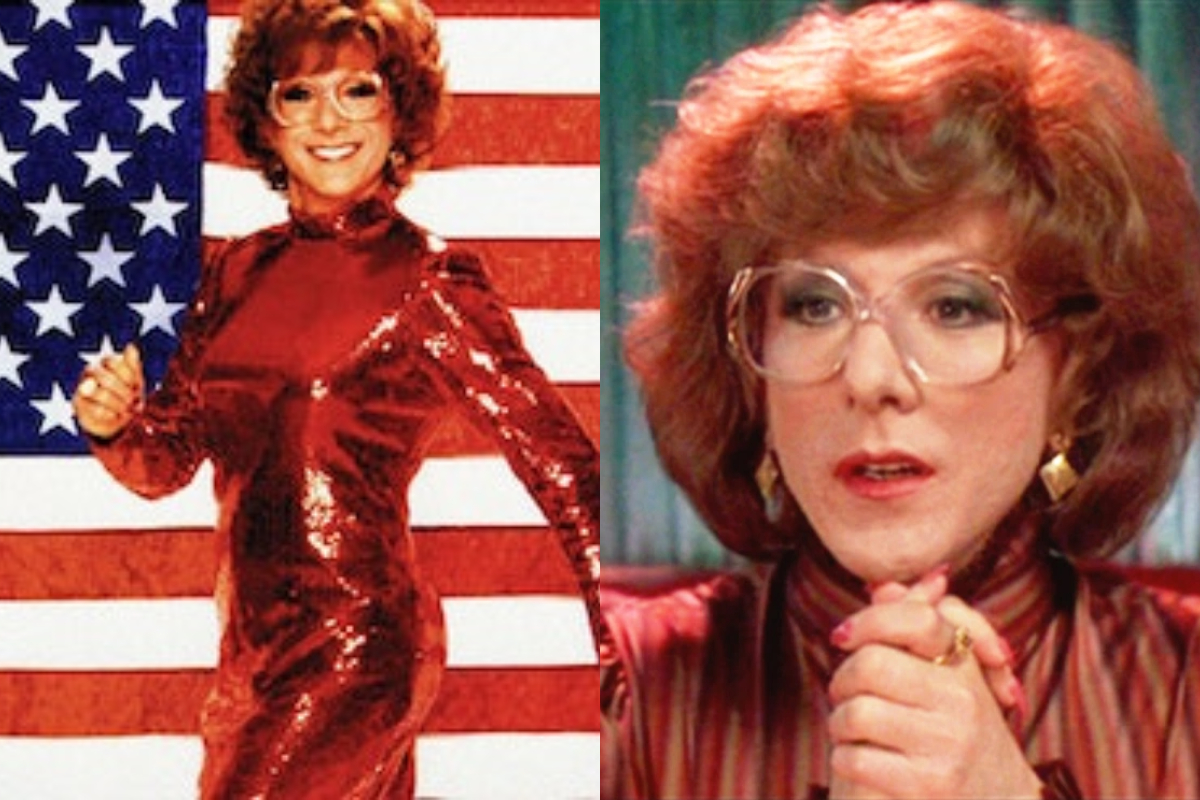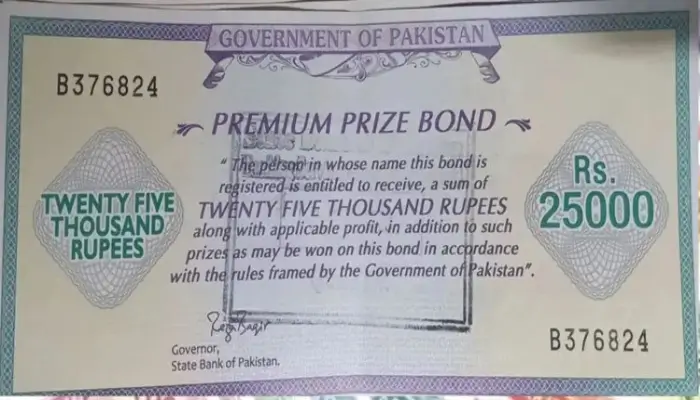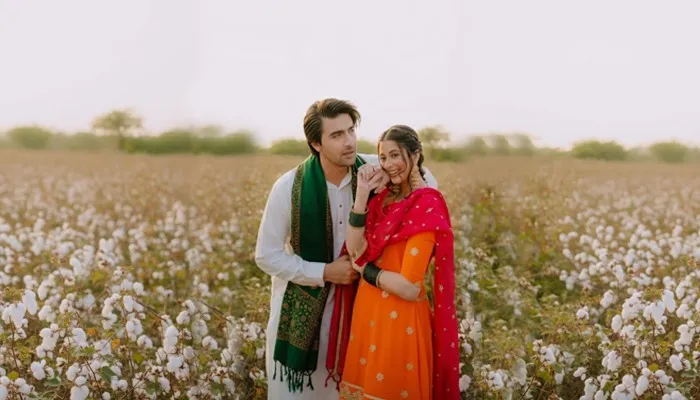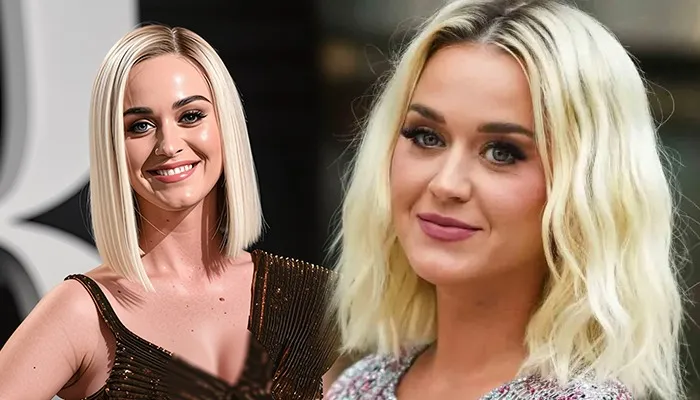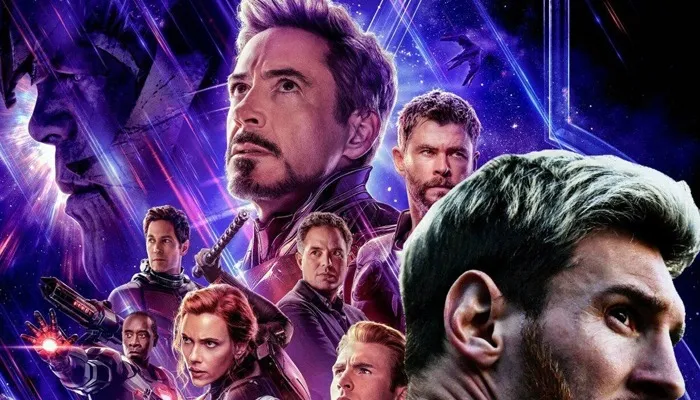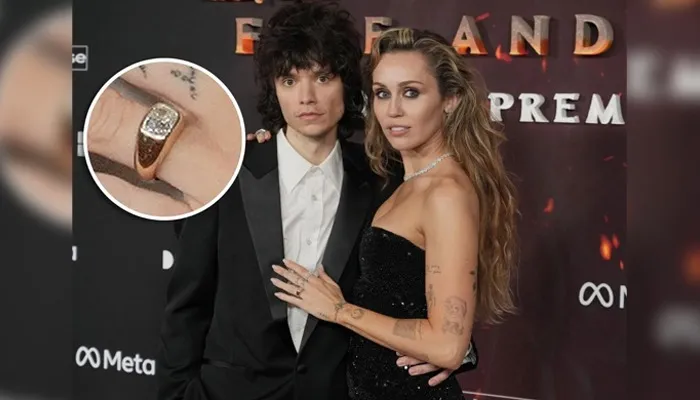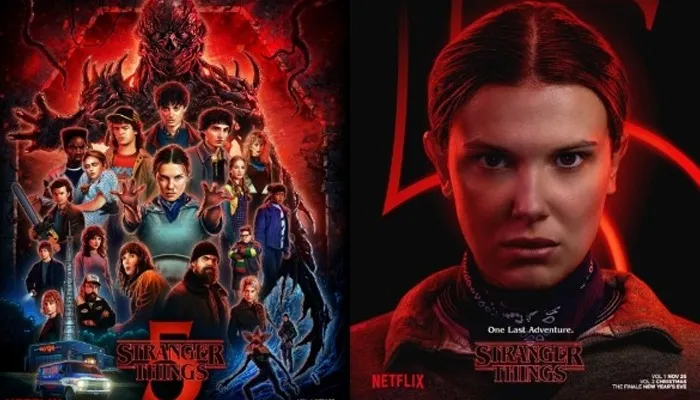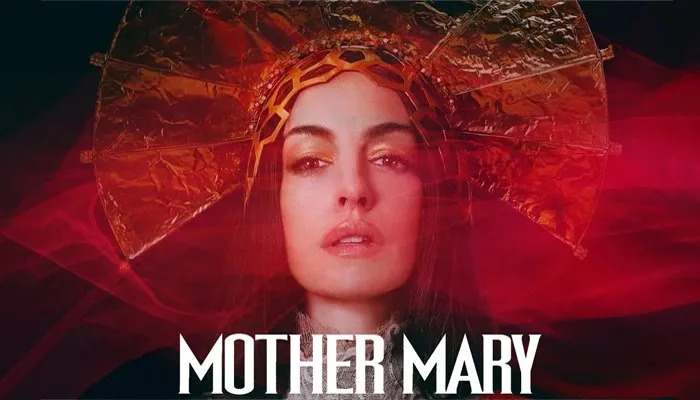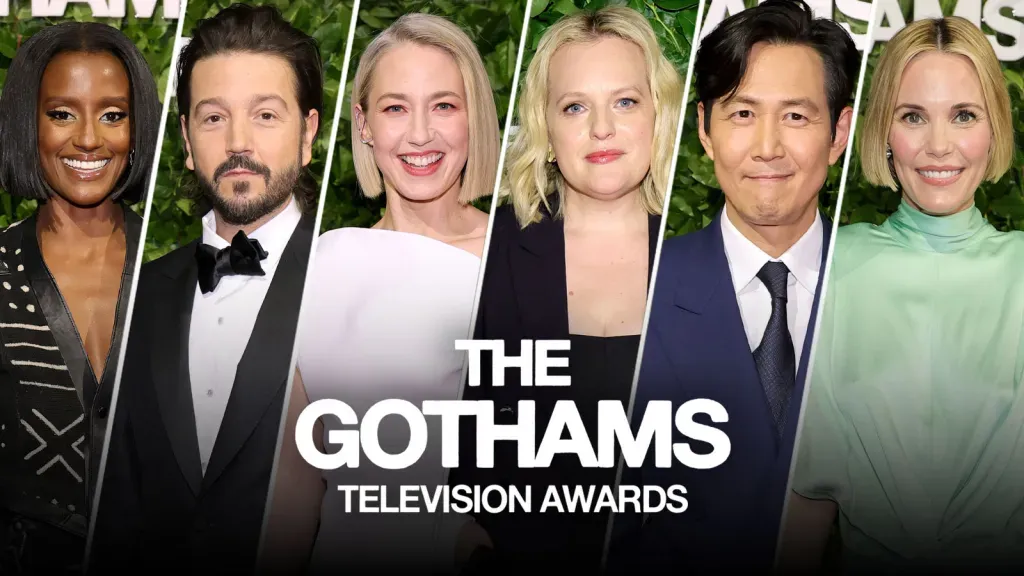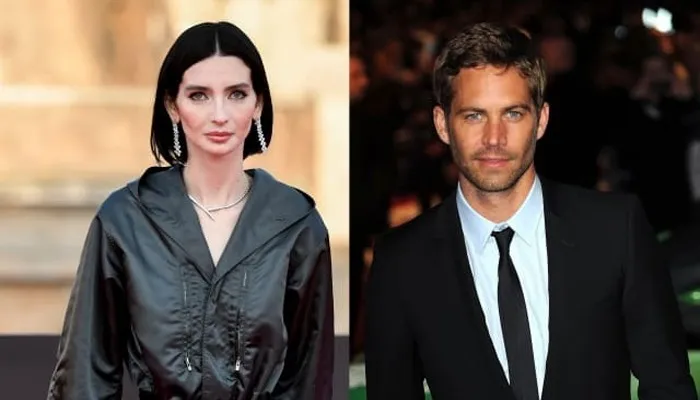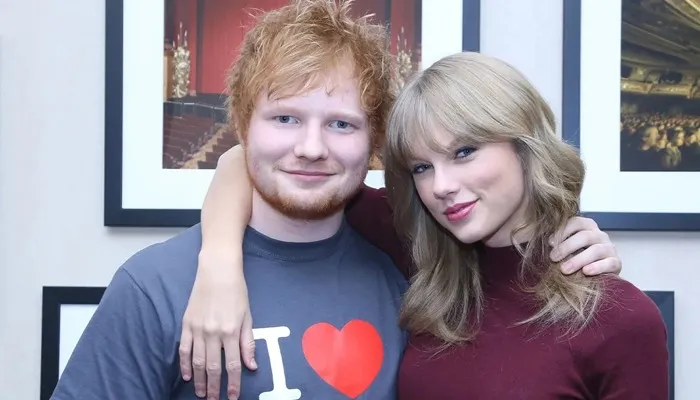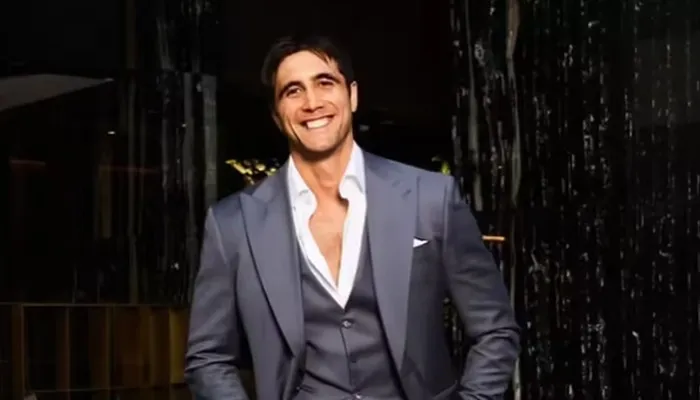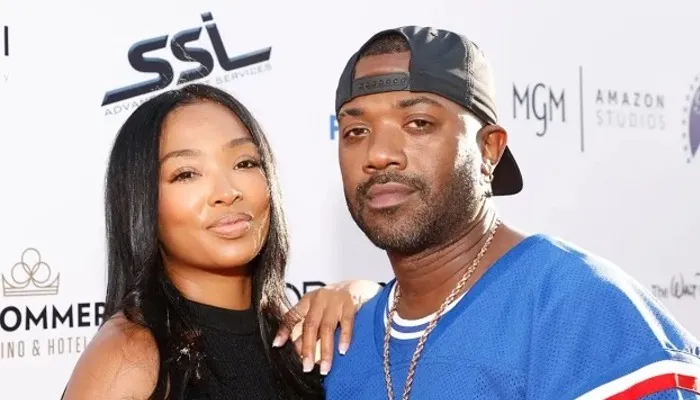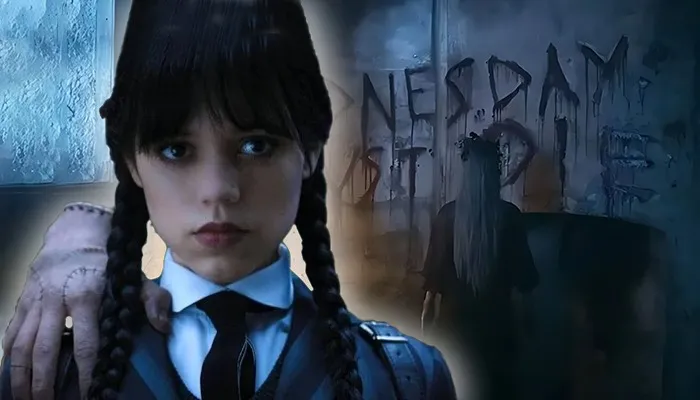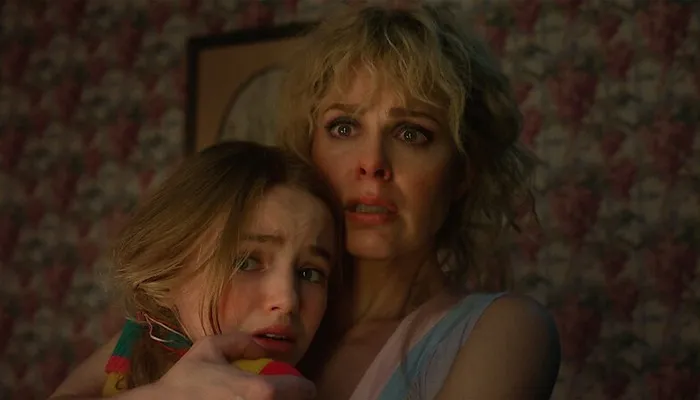- This comedy-drama entertainment business was a resounding box-office success.
- The movie received 10 Oscar nominations and was widely praised by critics.
- The film deftly analyses the complex gender politics of Hollywood.
Tootsie fever swept across America in December 1982. This comedy-drama about performing and the entertainment business was a resounding box office success, taking in over $177 million. In addition, the movie received 10 Oscar nominations and was widely praised by critics. The Sydney Pollack-directed movie, which starred Dustin Hoffman, Jessica Lange, and Teri Garr, addressed topics concerning the social politics of gender and the inherent bias against women in the entertainment business via the lens of its genre. Even though gender relations have not always aged gracefully 40 years later, it would be unjust to dismiss it as problematic art.
In essence, Tootsie is a charming movie with excellent performances, a clever script, and a surprisingly brilliant visual palette that maturely handles difficult issues, even if its concepts are incorrect.
What Is ‘Tootsie’ About?
In Tootsie, Hoffman plays struggling actor Michael Dorsey, who has been shunned by the theatre, screen, television, and even the advertising industries due to a reputation for being difficult. Dorsey dresses as a woman (complete with a wig, makeup, and a full wardrobe of women’s clothing) in order to get a part in a TV soap opera. She becomes popular under the name Dorothy Michaels and sparks a romance with Julie Nichols, his co-star (Lange). As Dorothy, Michael learns about the persistent maltreatment of women in the entertainment industry throughout the movie and experiences his own individual enlightenment along the way.
Elements of ‘Tootsie’ Have Aged Poorly
In 2022, maybe nothing has aged quite worse than the practice of cross-dressing for improper reasons. The gender dynamics of the 1980s were very much in evidence when a male pretended to be a woman in order to progress in his job, adopting traits like large hair, long dresses, and heavy makeup. Watching a movie about a transgender person temporarily switching genders for work purposes may be blatantly offensive to someone going through a gender identity crisis. The movie is obviously from Dustin Hoffman’s perspective because it was made as a vehicle for the actor, who was at the height of his box-office success at the time. This is another glaring error in the movie’s themes.
The story is ultimately told from a man’s perspective, and the audience observes how he responds to the persistent sexism in his workplace. Because Michael/Dorothy actually identifies as a guy, the movie takes the viewpoint of an outsider even if Tootsie wants the audience to believe that this lighthearted Rom-Com, unbeknownst to itself, has pioneered in shining a light on Hollywood/entertainment chauvinism.
One of the weaker elements of the entire movie is the conclusion. It appears to be avoiding upsetting audience expectations on purpose and frantically searching for a bow to wrap the film’s dubious events into a single dénouement. Here is when the movie’s most famous quote is revealed. Michael tells Julie, his co-star in the soap opera, “I was a greater guy with you, as a woman… than I ever was with a woman, as a man.”
This occurs after Michael shocked the world and his newfound love by abruptly disclosing that he is a male during a live recording of the soap opera Southwest General. Julie accepts him despite his dishonesty, and the movie ends with the two of them having a lengthy talk on the street. Even if gender politics were always dubious because it was the 1980s, 1982 is at least still in the waning days of the continuously grim and pessimistic New Hollywood era, when happy endings were a far cry from the norm in movies. In either case, it is a disservice to have an ending like this that does not penalize or reassess Michael’s character in any manner.
How “Tootsie” Has Held Up Over Time
Even though it was released in 1982, Tootsie feels more like a vintage Hollywood romantic comedy. In his four-star Tootsie review, the late great Roger Ebert noted that the movie “is the kind of Movie with a capital M that they used to make in the 1940s when they weren’t afraid to mix absurdity with seriousness, social commentary with farce, and a little heartfelt tenderness right in there with the laughs.” From this perspective, the movie is really potent. If you want to instruct your audience, don’t lecture them; instead, amuse them. Despite the fact that Michael’s decision to cross-dress was motivated by eccentric desperation, Sydney Pollack never allowed the movie to descend into complete silliness. The lack of manipulation in the movie is due to his steady hand behind the camera. This movie exhibits an emotional maturity that so many other comedies from the 1980s lack. Numerous screenwriters were given credit for writing Tootsie, but it is the uncredited work of Barry Levinson and, most importantly, Elaine May that gives the movie its wit and credibility as a piece of art that is inquisitive about the world. The film deftly analyses the complex gender politics of Hollywood within the constrained environment of a soap opera set.
[embedpost slug=”tootsie-roll-sensor-as-a-health-monitor-2/”]

